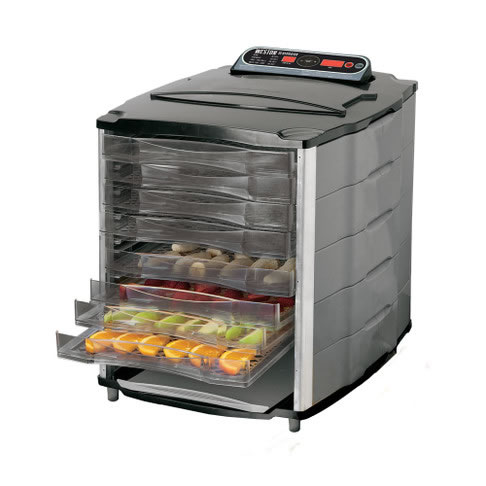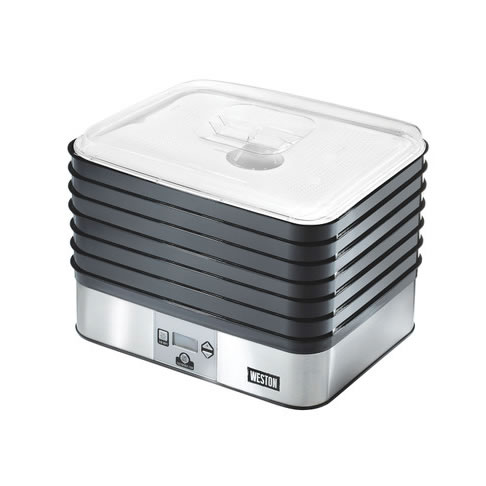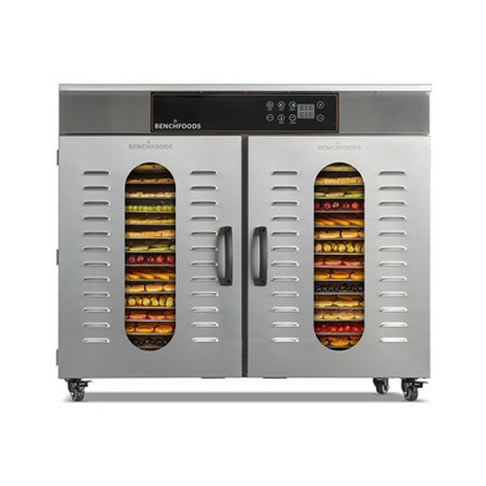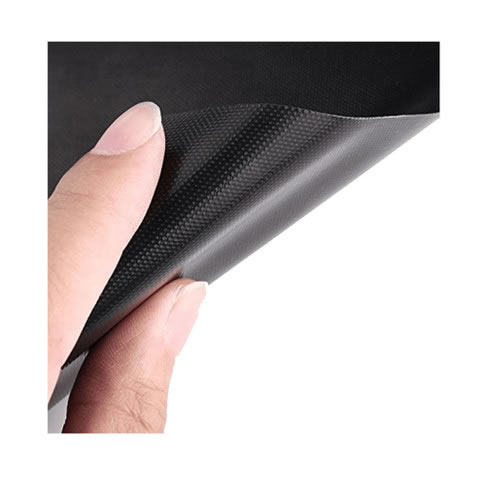Home vs Commercial Dehydrators
Food dehydrators are increasingly popular for preserving food, creating snacks, and even for culinary experimentation. However, the choice between a home and a commercial food dehydrator depends on various factors. This article explores the key differences to help you make an informed decision.
Home Food Dehydrators
Home food dehydrators are designed for personal use. They are typically smaller, more compact, and easier to store. Ideal for casual users or small families, these units are perfect for making batches of dried fruits, vegetables, herbs, and meats. Home dehydrators often have stackable trays and are more energy-efficient for smaller batches.
- Pros: Compact size, user-friendly, energy-efficient for small batches.
- Cons: Limited capacity, less durable for heavy use.
Commercial Food Dehydrators
Commercial food dehydrators are built for larger-scale dehydration tasks. They are more robust and have a larger capacity, making them suitable for businesses or serious food preservation enthusiasts. These units often feature shelf trays, higher power, and more consistent airflow, which is essential for uniform drying of large quantities.
- Pros: Larger capacity, more durable, suitable for continuous operation.
- Cons: Larger footprint, more energy-intensive, higher initial investment.
Comparison of Features
- Capacity: Commercial dehydrators offer more space for larger quantities, while home models are suitable for smaller batches.
- Temperature Control: Both types usually offer a range of temperature settings, but commercial models may provide more precise control.
- Durability: Commercial dehydrators are built for heavy use and longevity, whereas home models are designed for less frequent use.
- Cost: Home dehydrators are generally more affordable, whereas commercial models are a significant investment but offer more features and efficiency.
Choosing the Right Dehydrator
The choice between a home and commercial dehydrator depends on your needs. Consider the quantity of food you plan to dehydrate, the frequency of use, available space, and budget. Home dehydrators are sufficient for most personal uses, while commercial models are necessary for larger-scale operations or business use. Check out our full article Choosing the Right Dehydrator.
Conclusion
Whether you opt for a home or commercial food dehydrator, each type offers unique benefits suited to different requirements. Understanding these differences is key to selecting the right dehydrator for your needs, ensuring efficiency, and achieving the best results in your food preservation efforts.




